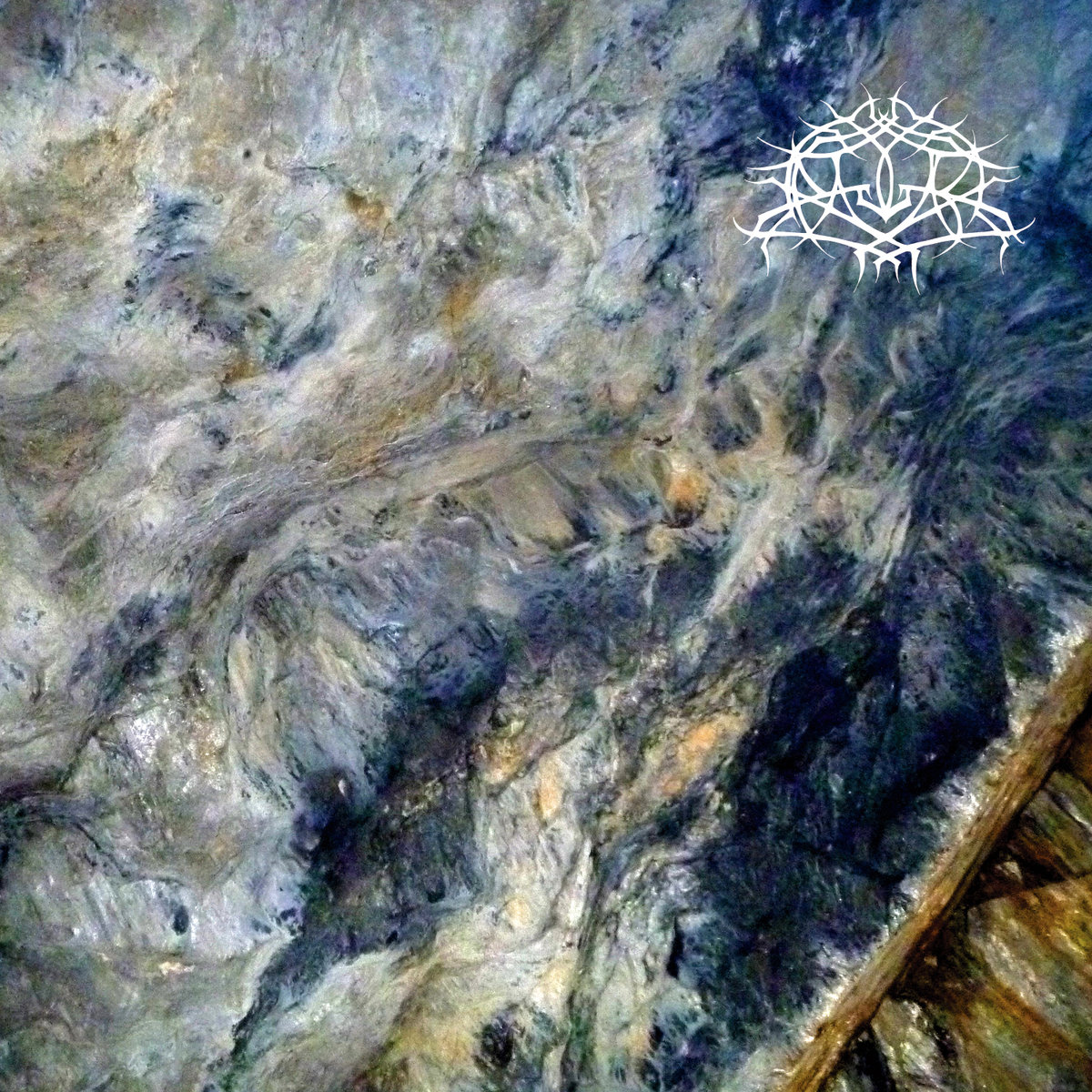HYPERION by Krallice

Genre: Black Metal
Favorite Tracks: “The Guilt of Time”
One of the more readily identifiable modern US-based black metal acts, Krallice have carved out a comfortable niche for themselves in recent years, leading up to 2015’s stellar YGG HUUR. Heavily indebted to technical death metal, YGG HUUR was an impressive yet extremely challenging outing of exhaustive rhythmic interplay and acrobatics. As such, HYPERION comes across as a bit of a surprise due to its comparative lack of textural density. Apparently recorded back in 2013, Krallice’s decision to show these three songs the light of day is understandable, but still doesn’t manage to inspire anything other than ambivalence in the audience. HYPERION is perfectly listenable, but doesn’t offer anything approaching the visceral thrills of previous records.
Notable this time around is a seemingly more positive, high-key bent than the band’s most recent effort. Opener “Hyperion” goes off to the races on a playful see-sawing between two guitar chords in an ostensible major key, with an occasional guitar tone emerging for background squalls that would be comfortable on a blackgaze release. The blackgaze elements can be heard again in the very beginning of “The Guilt of Time,” with clean guitar work and, most surprisingly, keyboards appearing on “Assuming Memory.” In general, HYPERION is a more pensive, atmospheric release; while the expected violence of black metal instrumental backing is present in spades (constantly pounding drums, tremolo guitar, etc.), each track takes time to catch its breath and recharge before leaping back into the fray, something that isn’t as notable within YGG HUUR’s feverish frenzy. However, the effort to switch up dynamics doesn’t do anything to dispel the lackluster composition. Although it’s a staple of the genre, in the past Krallice has demonstrated musicianship that avoids the constant picking of a handful of chords and stalwart percussive structure. This time around, although the drums do their requisite switching up of tempos, the guitars seem to fall too easily into a pocket of simplistic blasts. Gone is the labyrinthine texture of yesteryear, leaving the listener somewhat dissatisfied.
Now of course, things aren’t all that bad. As mentioned above, the drum patterns are still some of the more talent-laden out there, and passages such as the latter half of “Hyperion,” where rhythms effortlessly change without skipping a beat, are as impressive as they ever were. This is especially notable when Lev Weinstein manages to keep up the intensity while employing lurching, snare-accentuated patterns that aren’t typically heard in black metal, such as near the end of “Assuming Memory.” The bass playing is given more time in the spotlight than is often the case for this kind of music, and the high-pitched tuning employed is refreshing (“Hyperion”). In addition, the ending to “The Guilt of Time” is endlessly impressive, constantly seeming on the brink of fading out before prolonging itself in inventive instrumental dexterity.
Unfortunately, apart from that, things are resolutely par for the course. Metal and all of its subgenres are exceptionally subjective, considering the fact that the world at large regularly demonstrates distaste for them. For my money, metal is entirely about the atmosphere that it constructs, dependent on how well it can transport you to a different place or plane. When considered on these terms, HYPERION is definitively lukewarm.
Verdict: Do Not Recommend



